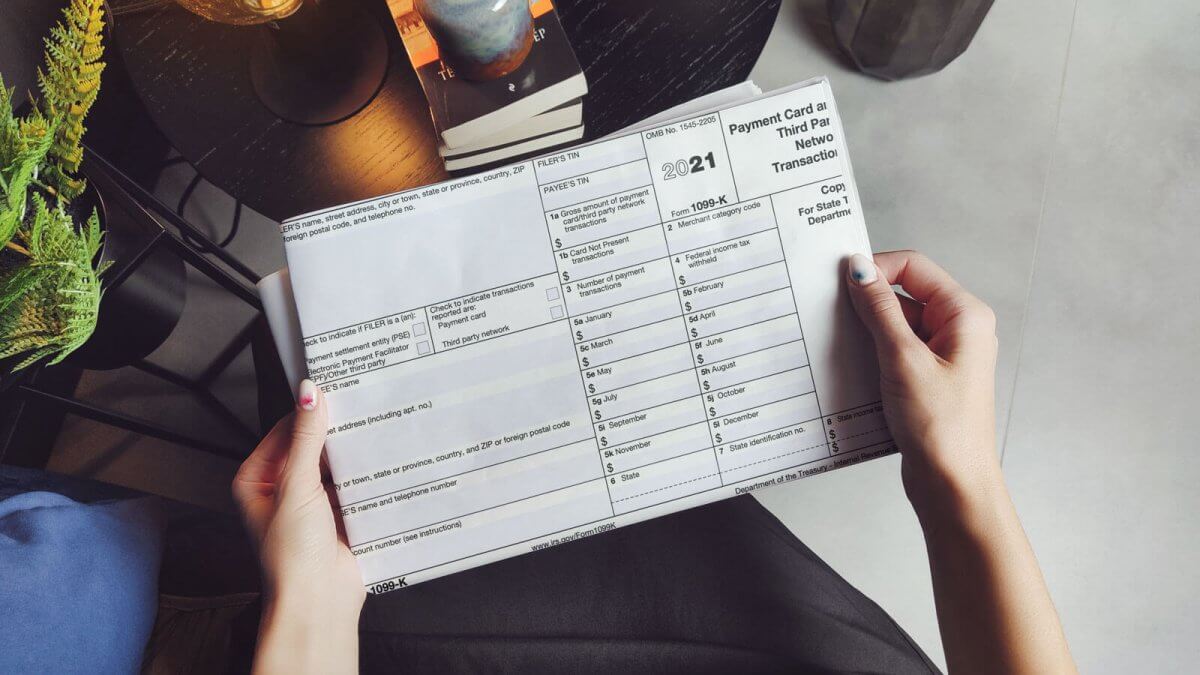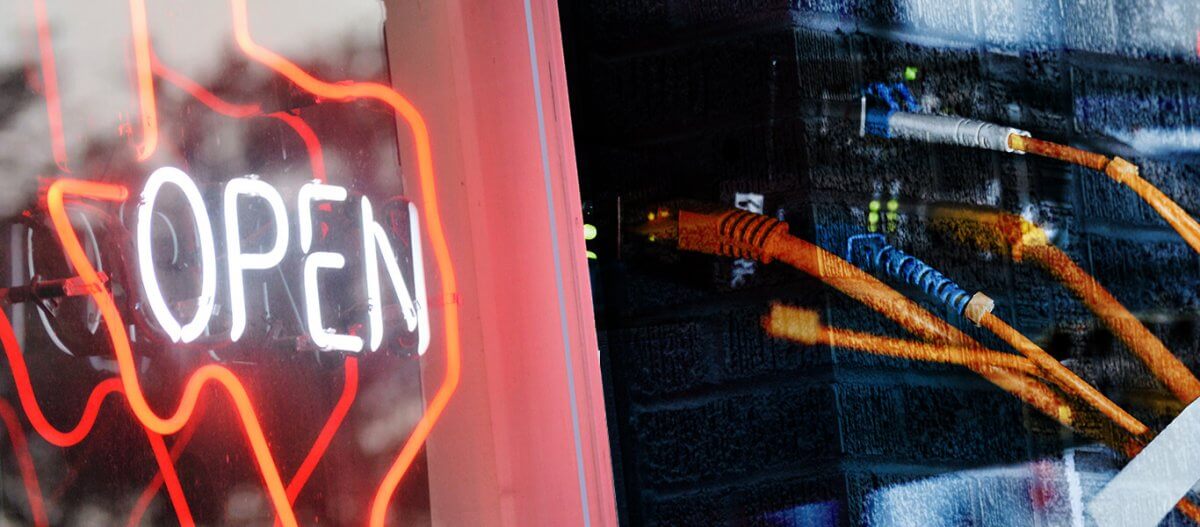Originally Appeared: Morning Consult on February 28, 2020
Whenever we power up a phone, download an app or browse the web, we expect all our devices, software and platforms to work together seamlessly. That expectation is at the heart of the digital experiences we enjoy every day. Whether we’re playing a favorite song in a music streaming app and sound comes out of our headphones, or we’re searching for a hotel on a travel-booking site and instantly see offerings and prices from multiple brands, all we have to do is click and technology just … works. But arguments will soon be raised in a pending U.S. Supreme Court case that could force companies — and ultimately consumers — to pay a steep price if they want to continue to enjoy the benefits of this technological harmony in the future.
At the center of the case, Google v. Oracle, is a little-known but fundamental component of software development called an application programming interface or “API.” APIs play a central role in ensuring that hardware, programs, and systems of the past, present, and future can all work together. The court’s decision about the APIs at issue, in this case, will determine whether the largely unfettered use of APIs by software developers will continue to foster innovation, or if APIs will become walled-off assets protected by the threat of frivolous copyright lawsuits, effectively preventing an untold number of small developers from bringing useful, affordable products and services to the consumer marketplace.










